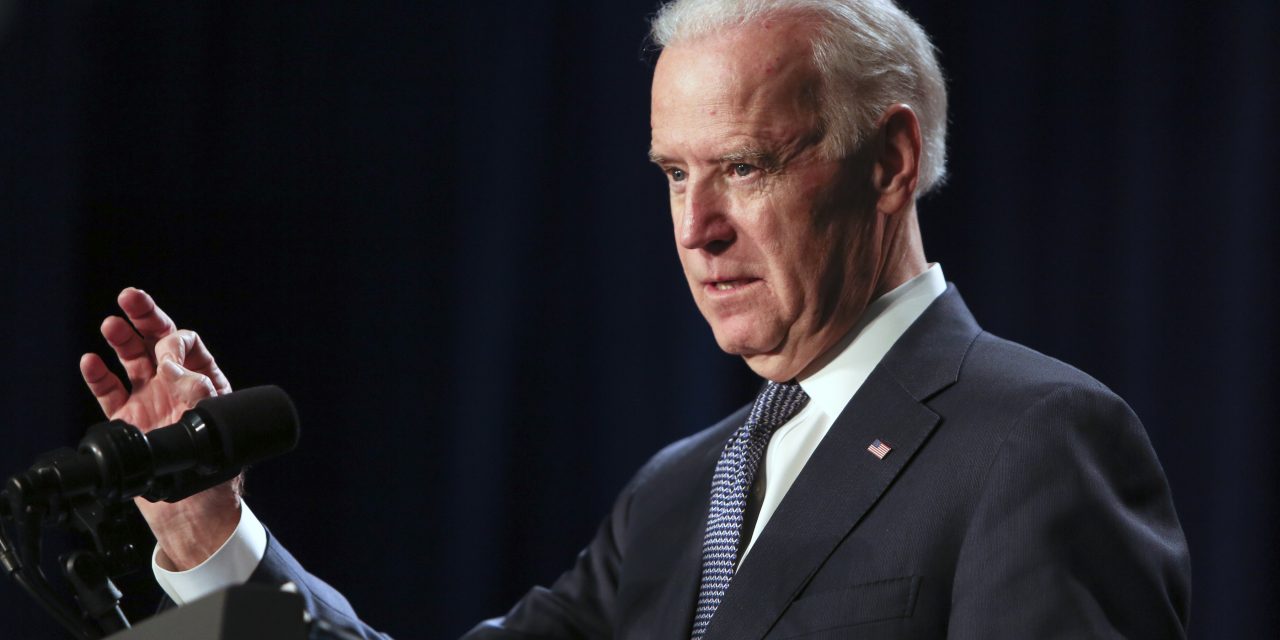On April 6, the Quincy Institute’s Responsible Statecraft published my latest op-ed on the Biden administration’s Venezuela policy, and on the ways it might need to be tweaked moving forward. So far the White House seems to be signaling that it is interested in a negotiated solution to the crisis, but that the ball is in Maduro’s court to show he is serious. Maduro can do so by making significant concessions that could credibly lead to free and fair elections and broader humanitarian assistance. Until then, the Biden administration is happy to keep Venezuela policy on the back burner—quietly supporting talks from behind the scenes, but not exerting significant political capital on the issue.
In Responsible Statecraft, I argue that this is an understandable position, for now. If Maduro actually folds and offers an “early win” (by, for example, naming a credible National Electoral Council, agreeing to work with the opposition to bring in a COVAX vaccine, or widening World Food Programme access), then Biden will clearly have to take greater ownership of the issue. But this is true even if Maduro remains intransigent. Either way, Biden will have to coax the Venezuelan regime to the table and keep it there, offering incentives that Maduro and those around him are actually interested in: sanctions relief, legitimacy, and the possibility of a political future.
This will not be easy, as I note:
Today the slim Democratic majority in the Senate means that the White House will need to keep influential senators like Bob Menendez and Marco Rubio satisfied in order to advance their preferred political appointments. At least until the confirmation process ends in mid-2021, Biden will face serious backlash to anything perceived as going “soft” on Maduro. This dynamic may even extend to 2022, when Rubio will be up for re-election and his state of Florida will elect a new governor. With midterms fast approaching, the administration may face pressure to avoid making any changes in Venezuela policy, even if the current approach has clearly failed.
In the face of these domestic political concerns, it will be tempting for Biden to avoid the issue altogether. But avoiding the wrath of hardliners will only extend, not resolve, Venezuela’s crisis. On the campaign trail, Biden criticized Trump for being more interested in “using the Venezuelan crisis to rally domestic political support than in seeking practical ways to effect democratic change in Venezuela.” Sooner or later Biden will have to prove he will avoid his predecessor’s mistake, however politically difficult that may be.




